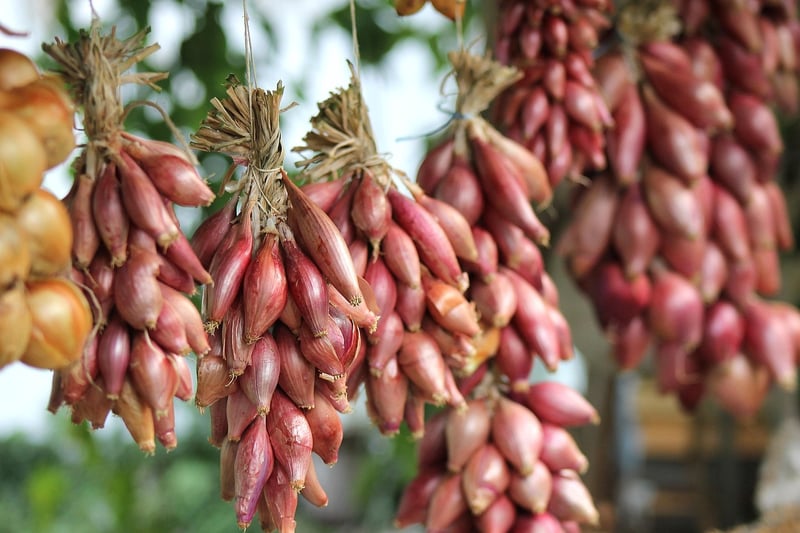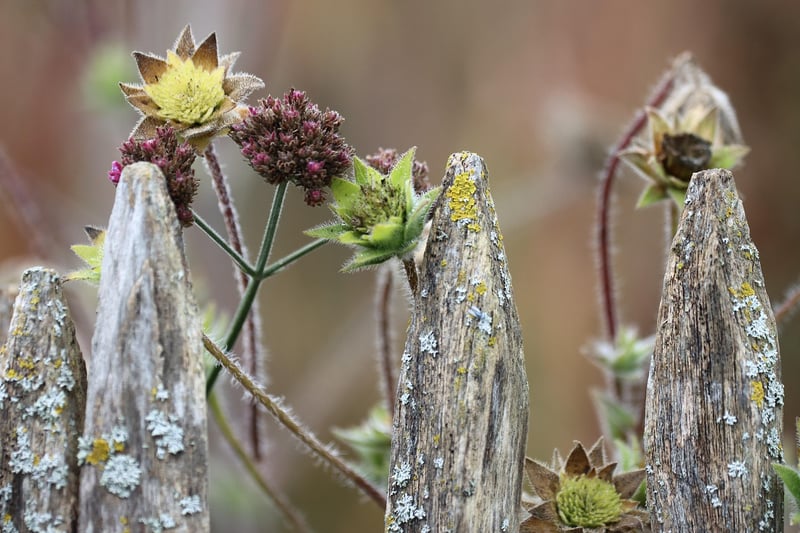Preventive Measures
#Organic Pest Management
#Garden Pest Solutions
#Insect Repellents
Dealing with Garden Pests and Preventive Measures

Identifying Common Garden Pests
Garden pests can wreak havoc on your plants if left unchecked. Some common pests you may encounter include:
- Aphids: Small insects that feed on plant sap.
- Slugs and Snails: These creatures can devour young plants overnight.
- Caterpillars: Larvae of butterflies and moths that chew on leaves.
- Spider Mites: Tiny pests that suck sap from plants, causing wilting.
- Whiteflies: Small, flying insects that can weaken plants by sucking sap.
Dealing with Garden Pests
There are several methods to control garden pests effectively:
- Handpicking: Remove pests by hand, especially effective for larger pests like caterpillars.
- Biological Controls: Introduce natural predators like ladybugs or nematodes to control pest populations.
- Organic Sprays: Use insecticidal soaps or neem oil to deter pests without harming beneficial insects.
- Barriers: Use physical barriers like row covers or copper tape to protect plants from pests.
- Companion Planting: Planting pest-repelling herbs or flowers alongside susceptible plants can deter pests.
Preventive Measures
Preventing pest infestations is key to maintaining a healthy garden:
- Clean Garden: Remove debris and weeds where pests can hide.
- Healthy Soil: Maintain nutrient-rich soil to promote plant health and resilience.
- Rotate Crops: Avoid planting the same crops in the same spot each year to reduce pest buildup.
- Attract Beneficial Insects: Plant flowers that attract pollinators and natural predators of pests.
- Monitor Regularly: Inspect plants frequently for signs of pest damage to catch infestations early.
By identifying common garden pests, employing effective pest control methods, and implementing preventive measures, you can protect your garden from destructive invaders and enjoy a thriving, pest-free landscape.

